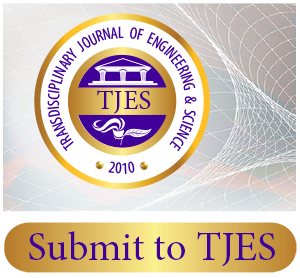Philosophy of Transdisciplinarity: Approaches to the Definition
Abstract
The article shows that the experience of practical philosophizing is the cornerstone of the possibility to define the philosophy of transdisciplinarity. The conditions for this experience are an active and motivated participation in the solution of actual existential problems connected with the existence of objects proportional to the person. Along with traditional forms of disciplinary scientific knowledge (natural and social sciences), a wide range of daily practical knowledge, religious and other experiences are involved in the production of knowledge required for dealing with these problems. The article notes that, owing to boundary nature of transdisciplinary experience, its conditions both precede the experience as an accumulated knowledge, and at the same time are newly redefined and become others (are in a sense generated) depending on concrete circumstances of the experience. The result of such interaction is a paradoxical development of practical activities whose “aposteriority-aprioristic” forms combine a variety of universal definition of what is disciplinary and generally valid by agreement of daily, practical knowledge. Owing to the above, the philosophy of transdisciplinarity has, among other features, an incomplete, procedural nature of “open work” (U. Eko), and the style of philosophizing is developed in three main transpositions (the observer, the participant, the witness).


